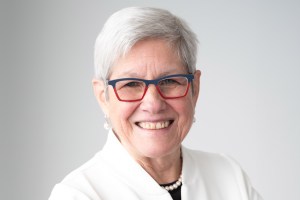Music Treasures Consortium launched
The Eda Kuhn Loeb Music Library at Harvard University, in collaboration with the Julliard School and the Library of Congress, recently launched the Music Treasures Consortium, a website that provides a single point of access to some of the world’s most valued music manuscript and print materials from six esteemed institutions in the U.S. and U.K. Loeb Music staff played a leading role in creating and populating the site, and in establishing a faculty advisory group that includes Harvard’s Christoph Wolff and other leading music scholars.
Hosted by the Library of Congress, the site is a portal that offers users access to digital collections websites at each participating library. Researchers can search or browse materials, find bibliographic information about each item and view digital images.
Items available through the consortium site include manuscript scores to first and early editions of a work. Composers such as Johann Sebastian Bach, Wolfgang Amadeus Mozart, Richard Wagner, Claude Debussy, Georges Bizet, Arnold Schoenberg and Igor Stravinsky, among others, are represented on the site through their original handwritten manuscripts and first and early editions. The online items range from the 16th– to the 20th-centuries in this initial launch.
From Loeb Music, scholars can access the full scope of the Digital Scores and Libretti Collection, including works by Bach and Bach family members, Mozart, Schubert and other composers, as well as 18th- and 19th-century opera scores, seminal works of musical modernism, and music of the Second Viennese School. Additional material from Loeb Music’s collection, and from the Harvard libraries generally, will continue to be added.
“The materials that are available through this project are very important to music scholars,” said Virginia Danielson, the Richard F. French Librarian of Loeb Music Library. “We expect this will be useful to scholars in the same way primary resources are. It will also be a tremendously valuable resource for performers – especially in the world of historically-informed performance – who love to work with primary sources.”




